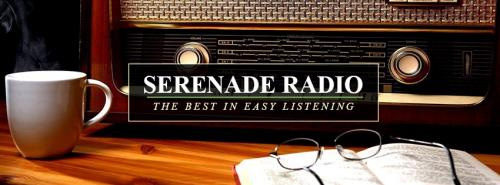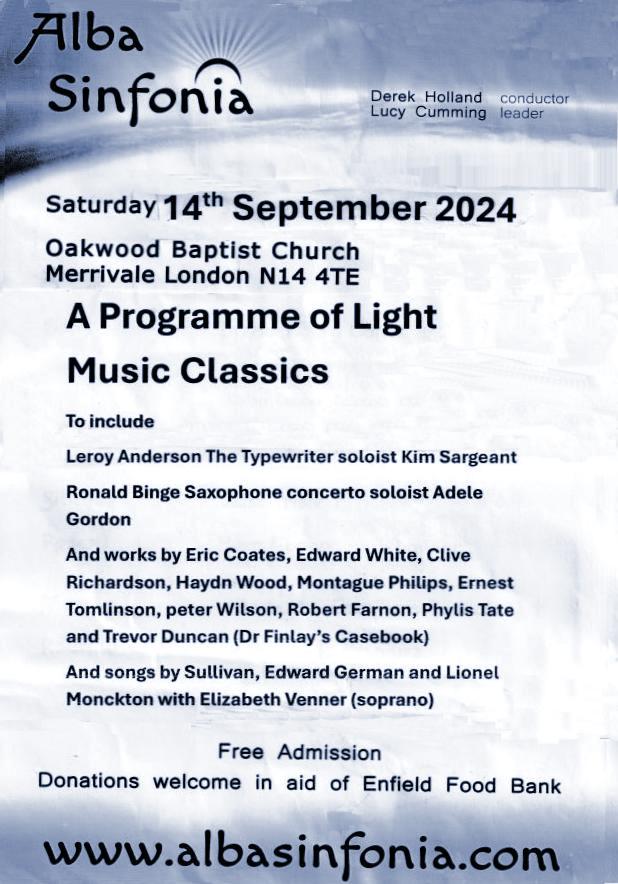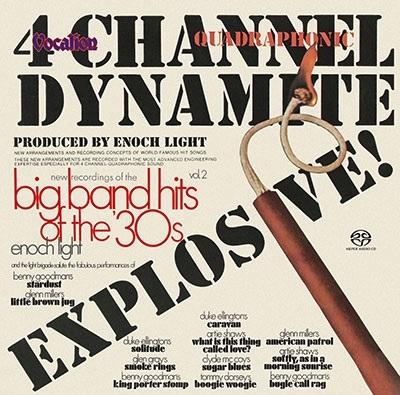CD Review - John Williams In Tokyo
Saito Kinen Orchestra
Deutsche Grammophon 657256 [62:03]
Following his acclaimed albums, ‘The Berlin Concert’ and ‘John Williams in Vienna’, which achieved chart topping status around the globe, in his 92nd year the legendary composer/conductor returned to the Japanese capital in September 2023 – after a three-decade absence – to conduct at the Suntory Hall the world-famous Saito Kinen Orchestra for another live concert of his works to be recorded.
Three Musical Luminaries – Trevor Duncan, Ernest Tomlinson and Angela Morley
Written by Tony ClaydenThree Musical Luminaries –
Trevor Duncan, Ernest Tomlinson and Angela Morley

On Bank Holiday Monday, August 26th 2024 at 6.00 pm, Serenade Radio will present a special feature to commemorate the centenaries of these famous composers, who made a great contribution to world of British Light Music in the years after World War Two.
Compiled and introduced by André Leon and produced by Tony Clayden, the programme will feature some of the trio's most prominent compositions.
It may be heard on Serenade Radio via the Internet and will be available on the London Light Music Meetings Group website thereafter.
Just for your interest and info the playlist for the light music concert is as follows (order to be decided)
Curzon Punchiunello Overture
Coates The 3 bears and Music Eveywhere
Leroy Anderson The Typewriter
Montague Philips Rebel Maid dance
Farnon Poodle Parade
Binge Saxophone Concerto
Haydn Wood Sadlers Wells
Peter Wilson Carribean Carnival
Angela Morley Rotten Row
Ernest Tomlinson Graceful Dance
Phyllis Tate St James’s Park
Grainger Handel in the Strand
Clive Richardson Beachcomber
Armstrong Gibbs Dusk
Charles Williams A Quiet Stroll
White Runaway Rocking Horse
Myers Butterflies In The Rain
Strachey Up With The Curtain
Trevor Duncan March from Little Suite
Vocal numbers:
Pipes of Pan from the Arcadians, [Monckton],
The Sun Whose Rays from The Mikado [Gilbert & Sullivan]Waltz Song from Tom Jones [Edward German]
Tony Clayden

CD Review - Bliss
Works For Brass Band
Black Dyke Band / John Wilson
Chandos CHSA 5344 [69:51]
This is an unaccustomed treat for brass band enthusiasts among our readers. Sir Arthur Edward Drummond Bliss CH KCVO (1891-1975) was an English composer and conductor. He served with distinction in WW1, being both injured and gassed. He was responsible for a large portfolio of music and knew how to write a good tune.
CD Review
'Grand Hotel'
Tom Jenkins and the BBC Grand Hotel Orchestra
DINMORE RECORDS DRD 056
Total playing time: 76:29
This CD was released as long ago as 2002, but somehow managed to slip under the radar as far as reviews are concerned!
CD Review - Classic British Film
Themes & Songs
Volume 1 - 1940 -1944
SEPIA 1391 [76:56 & 78:13]
This is an entirely fascinating release: a rich repository of nostalgia, consisting of 59 tracks on two discs. It is made up of items previously unreleased on CD, which have been drawn largely from studio acetates, playback discs, pre-recordings and rehearsal discs.
The first track on CD1 and the last two on CD2 feature the Mighty Wurlitzer Organ, played by Leon Berry and Joseph Seal respectively, with Cinema Fanfare, the National Anthem and A.B.C. Parade: Play Out Music.
CD Review
High Heels – Favourite Light Classics
Iain Sutherland Concert Orchestra
ALTO ALC 1492
Total playing time 78:45
Released June 2024
This new CD is especially welcome because – unlike a few years ago – there has recently been an almost total absence of new Light Music releases, either of restored material which originally appeared on '78s', or indeed of more modern recordings.
 CD Review – Enoch Light / 4-Channel Dynamite & Big Band Hits Of The ‘30s
CD Review – Enoch Light / 4-Channel Dynamite & Big Band Hits Of The ‘30s
Vocalion CDLK 4655 [67:53]
Remarkably for us nowadays, three new easy listening releases in almost as few weeks. Firstly, there was Ferrante & Teicher, secondly Iain Sutherland (as I had written about four of his earlier albums the Editor has exerted his right to review this one), and now the exceptional Enoch Light (1907-78): bandleader, producer, A&R man, record entrepreneur and label owner.
CD Review – Ferrante & Teicher
Grand Twins of The Twin Grands
1952-1962
Jasmine JASMCD2781 [75:11]
It was a delight to find in the recent releases from Jasmine Records, along with Gene Vincent, Marty Wilde, Sleepy LaBeef, The Mudlarks, The Goofers, Arthur 'Big Boy' Cudup, Jimmy McCracklin, Slim Willet and June Carter, an album of our kind of music – a rare occurrence nowadays and a definite blast from the past.
CD Review – Eric Coates: Orchestral Works, Vol.4
BBC Philharmonic / John Wilson
Chandos CHAN 20292 [TT 61:36]
Any doubts I might have had about the last two John Wilson albums reviewed here not being of great interest to some readers does definitely not apply to this latest release. It is a surprise, however, to find that the first album in the series was all of five years ago.

